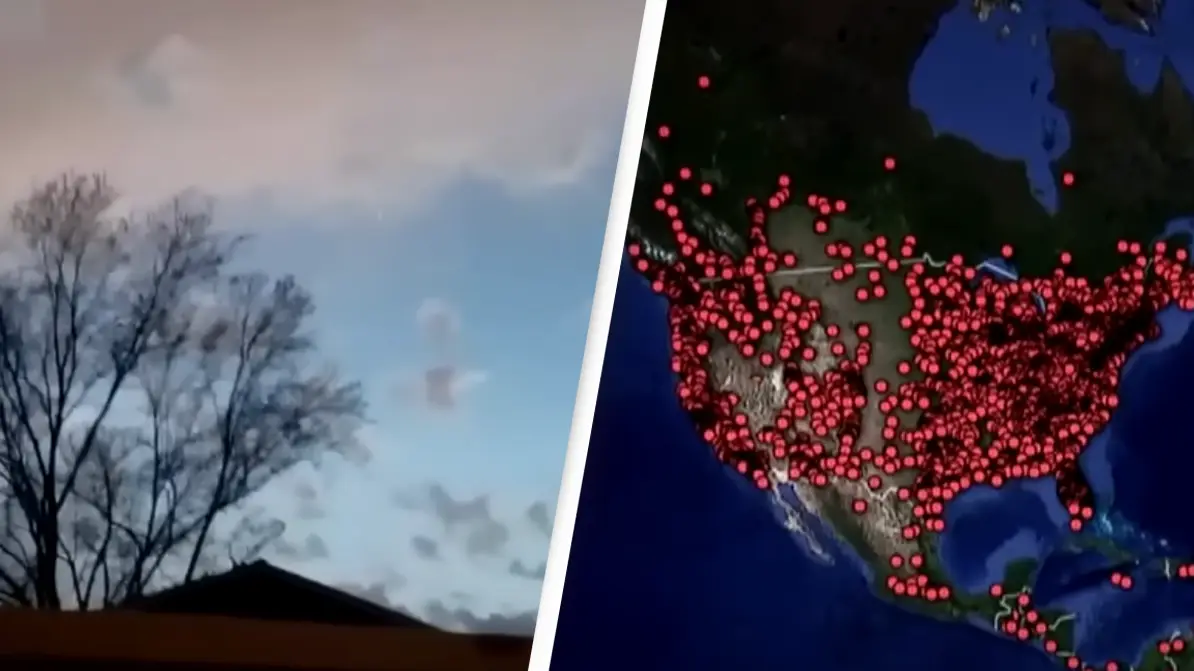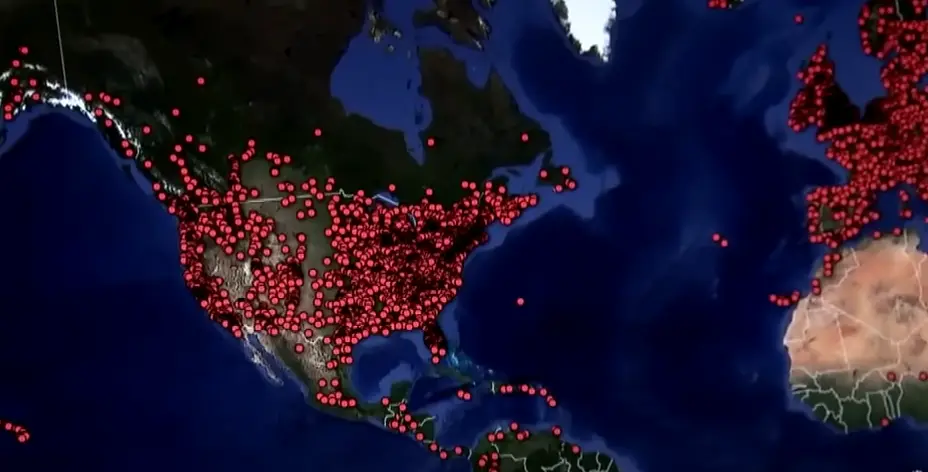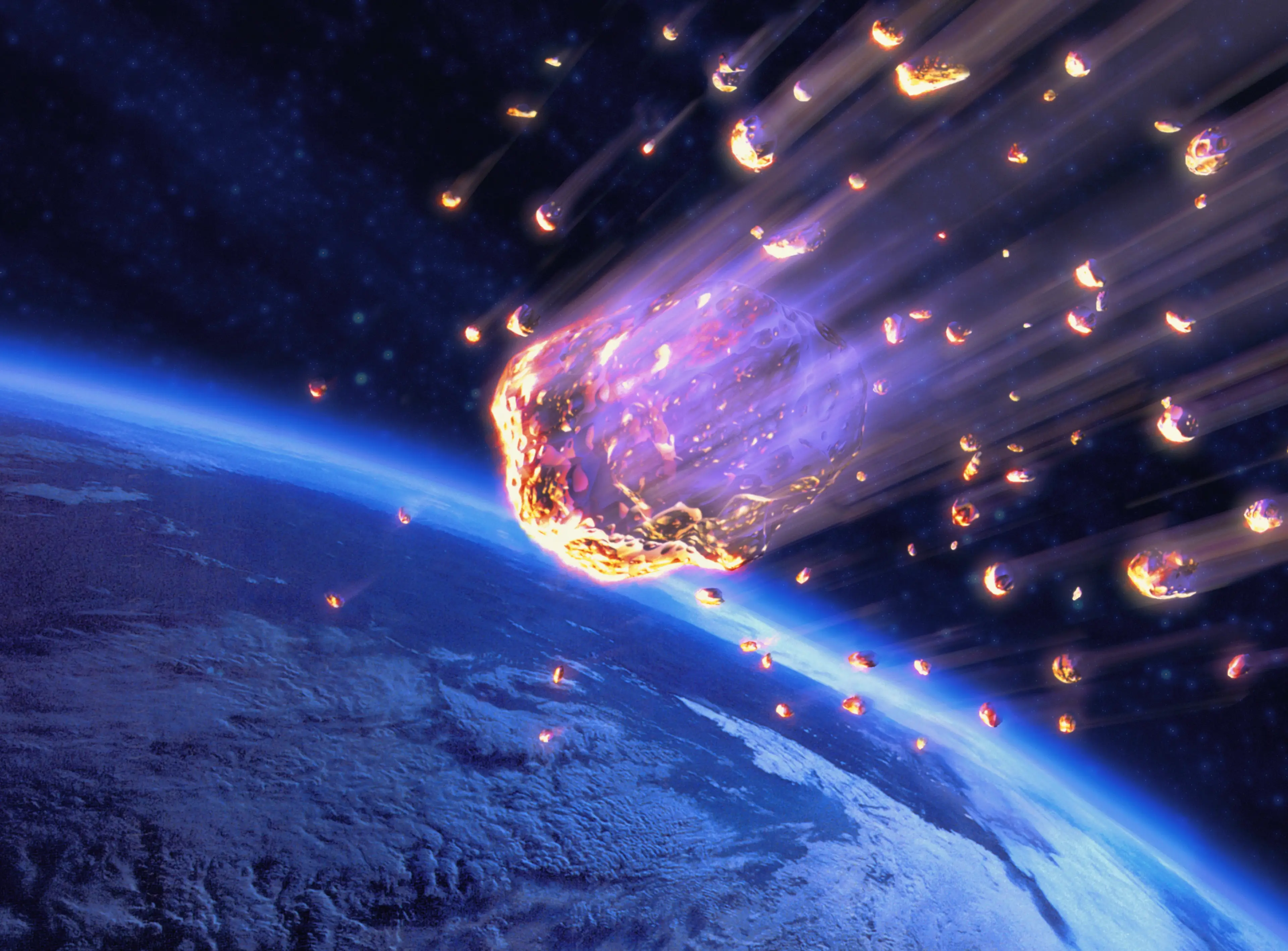
There is still so much we don’t know about our planet, and the phenomenon known as ‘skyquakes’ continues to confound scientists around the world.
While we understand a lot of the most fascinating and bizarre natural phenomena on this big blue planet we call home, there is still much we haven’t a clue about.
One of these phenomena are skyquakes, and it is easy to see why experts have been scratching their heads at exactly what is going on.
Skyquakes can easily be mistaken for a gunshot, or car backfiring, and they've been heard around the planet and documented for over 200 years.
Advert
While there are a lot of potential theories to what is going on, there isn’t yet a definitive answer.
Scientists have considered that the booms may be meteors exploding in the atmosphere, military testing, or even related to storms or earthquakes.
The first skyquakes were documented back 1811, after people in New Madrid, Missouri heard the strange sounds during a 7.2-magnitude earthquake.
Locals said they heard what sounded like artillery rounds before or during the quake.
Similar noises were then reported during an earthquake in Charleston, South Carolina in August 1886, which were heard for weeks after the 7.3-magnittude.

The phenomena has gone by many names, and following an incident in Seneca Lake in central New York state back in the 1850s, they were known as Senaca guns by locals.
James Fenimore Cooper, who lived in Seneca Lakes during one of these skyquakes, described the experience in his short story 'The Lake Gun.'
Cooper said: “It is a sound resembling the explosion of a heavy piece of artillery, that can be accounted for by none of the known laws of nature.
“The report is deep, hollow, distant and imposing. The lake seems to be speaking to the surrounding hills, which send back the echoes of its voice in accurate reply.”

Despite the name, seismologists are unsure whether tectonic activity and these sounds are linked in anyway, however.
In 2020, scientists began using seismic data to try and work out the sound’s origin and to see if they were connected to earthquakes at all.
A team of researchers at the University of North Carolina at Chapel Hill suggested the sound was to do with the atmosphere, not seismic activity.
Researcher Eli Bird said: “Generally speaking, we believe this is an atmospheric phenomenon – we don't think it's coming from seismic activity.
“We're assuming it's propagating through the atmosphere rather than the ground.
“The atmospheric conditions could be such that that gets amplified in a particular direction, or is primarily affecting this localized area.”
Topics: Science, World News